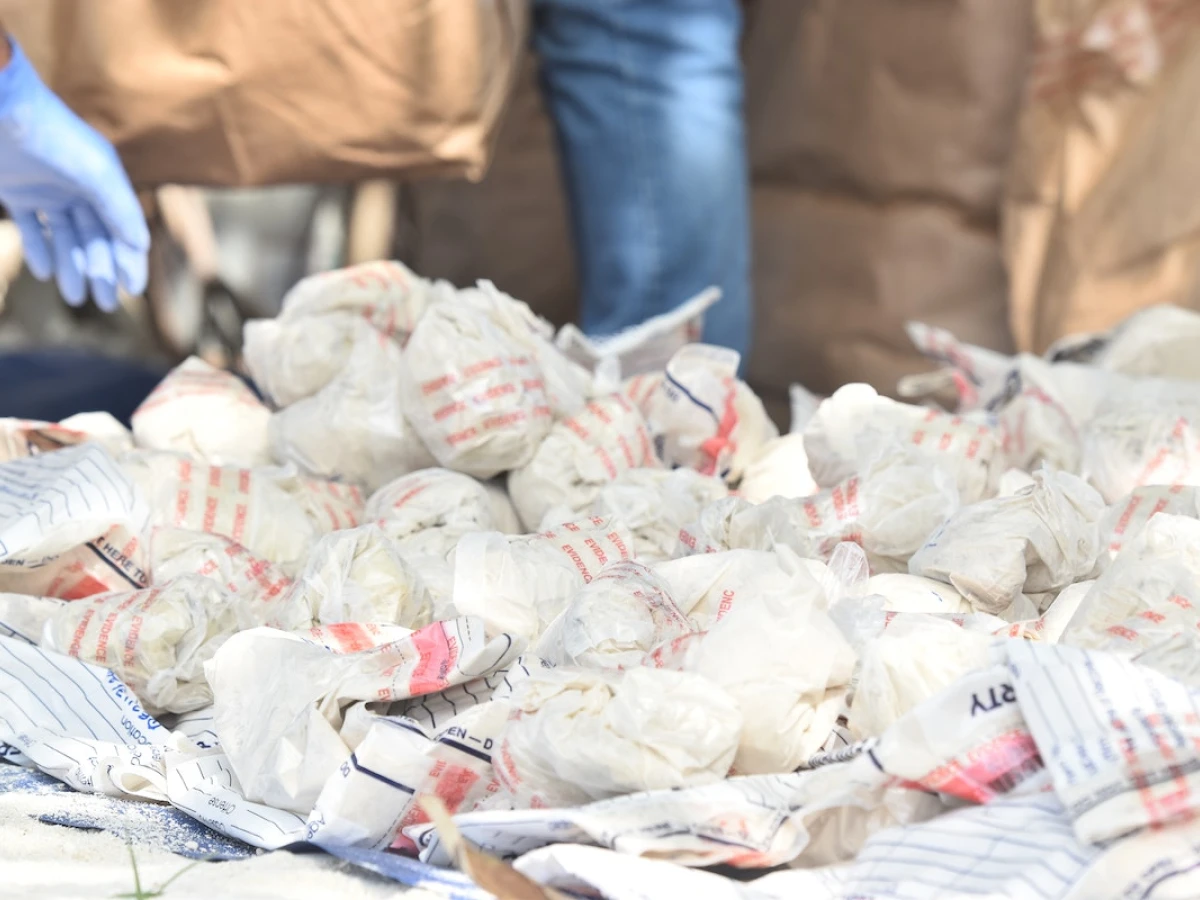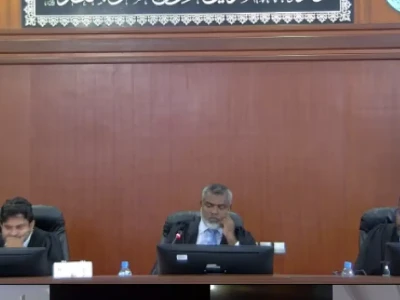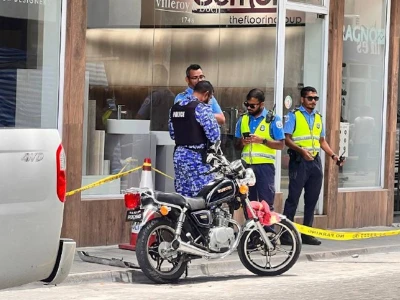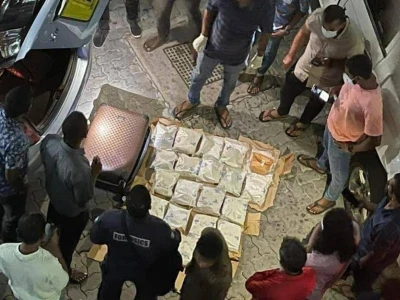
Confession to drug possession charges: not enough to evade sentence
This issue led to the discovery of a large loophole in the criminal justice system that was being used to get away in such cases.
By
Aman Haleem
It is a very common tactic in drug cases. Someone other than the one caught by the police takes responsibility for the drugs. Taking responsibility like this and admitting to drugs, the court often decides that the charges were framed in the case or that people were not guilty. The reason is that there is a lack of concrete evidence linking the objects with someone else that has taken responsibility for themselves versus the accused.
However, the High Court has held that every time such a person confesses, it is not justified to absolve the accused of the offence. The high court, while setting aside a criminal court's three-year-old verdict that the drug case was not proved, ruled on Wednesday that without any additional evidence of power, it cannot be upheld for a mere statement made by a person.
Ibrahim Faisal, Paris-Garden, G.Dh. Thinadhoo, was charged in the case related to an incident that took place seven years ago. He was arrested following a tip-off that drugs were being smuggled from a boat. He was arrested when he received a milo case brought from the boat and was taking it away on his motorcycle. The police also testified that Faisal tried to escape while they tried to arrest him. During a search of the milo case, a film roll can containing drugs was found in the pocket of one of the pants inside.
-
The can contained 19.5 grams of cannabis
-
Meets drug trafficking standards
The state had charged Faisal with smuggling cannabis. It is an offence punishable by up to 25 years in jail. According to the prosecution, the drugs recovered in the case were found in the direct custody of Faisal and he was aware what was in it. Faisal, however, denied the charges. His brother Abdulla Mahdi, G. Beruge, was presented as a defence witness. Mahdi, who was convicted in a drug case and was in jail at the time, told the court that the drugs found on Faisal was among the stuff he was carrying while he was living in Beruge.
The Criminal Court acquitted Faisal on the basis of the testimony given by Mahdi. The court observed that since someone else had claimed responsibility for the objects and none of the items found inside the box had Faisal’s finger print on it, he should not be liable for criminal liability in the case. In addition to this, the court noted that the state had not submitted a strong evidence linking drugs with Faisal.
High Court gives another judgment
The Criminal Court's decision was challenged in the High Court, which ruled that the trial court's verdict was wrong. Justice Hussain Shaheed noted at the high court verdict, that with a thorough interpretation of the Narcotics Act, it had to be ensured that the confession was empowered or there was corroborating evidence in accepting the statements of defence witnesses by the trial court.
Without viewing of the time and the circumstances of the statements made by a person in order to take responsibility (of the drugs found on someone else), it is not reasonable to absolve the person who was found with the drugs, the judgement said.
The High Court judges cited Mahdi's statement as a reason to question his statement as he was still in jail at the time of deposition. According to the judgment, since this can be done to protect those in a relationship, the court cannot accept such confessions unless additional evidence is provided to support the confession.
The other thing used against Faisal was running away with the box and remaining silent in the investigation stage. The judges cited this as a reason to look into the fact that Faisal had drugs in his possession from his knowledge. For these reasons, the High Court set aside the criminal court's order and sentenced Faisal to life imprisonment and penalised him with a MVR 100,000 fine.
In the past, the police have expressed concern that someone else taking responsibility in this manner for drugs found have caused high profile dealers to get away. Going by the outcome of the High Court's judgment, it is believed that this concern will be addressed. It also led to the discovery of a large loophole in the criminal justice system that was being used to get away in such cases.




